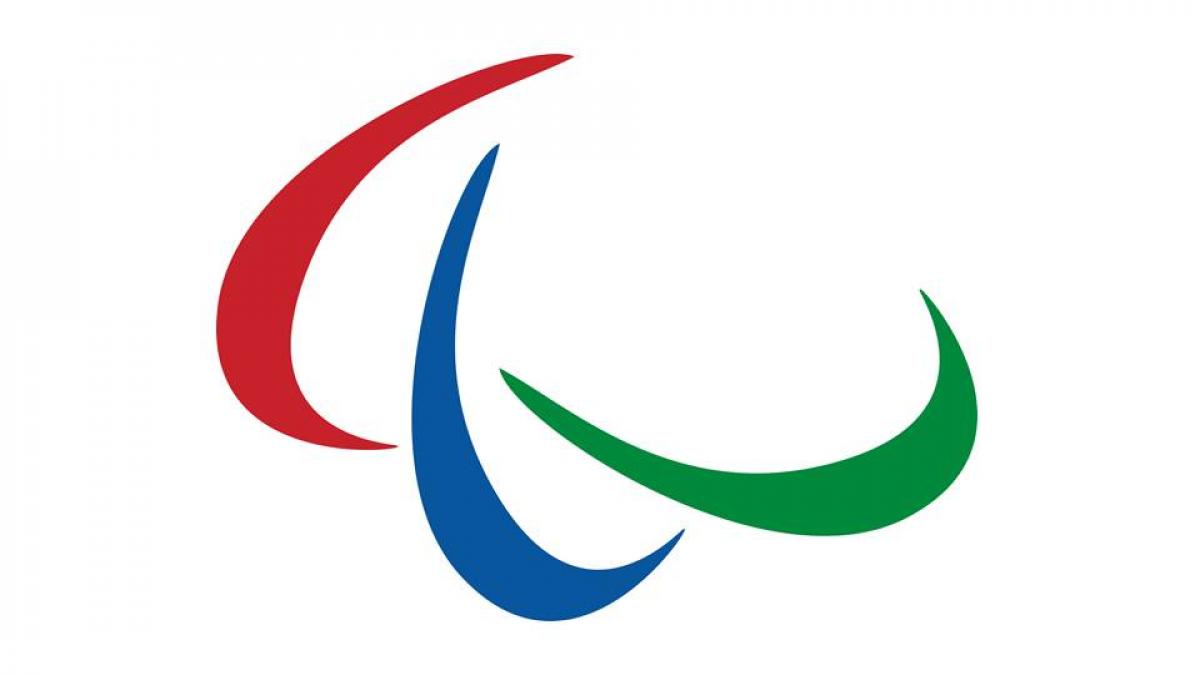Ukrainian Nordic skier suspended for anti-doping violation
Natalia Rubanovska tested positive at January’s World Cup 28 Sep 2018
Official logo of the International Paralympic Committee.
The International Paralympic Committee (IPC) has suspended Ukrainian Nordic skier Natalia Rubanovska for two years for committing an anti-doping violation.
The 29-year-old returned an adverse analytical finding for Furosemide in a urine sample provided on 19 January 2018 during an out-of-competition test prior to the World Para Nordic Skiing World Cup which began in Oberried, Germany, on 20 January.
This substance is included on the World Anti-Doping Agency (WADA) 2018 Prohibited List under the category S5: Diuretics and Masking Agents. It is prohibited at all times both in and out of competition.
As a result of her violation, Rubanovska – an athlete with a vision impairment - will be ineligible for competition for two years from 27 February 2018, the date of the provisional suspension, until 26 February 2020. All her results, including those of her guide, obtained from 19 January 2018, the date of the test and onwards will be disqualified including forfeiture of any medals, points, records and prizes.
This includes the bronze medal she won in the women’s biathlon 10km vision impaired at the World Cup in Oberried. This medal will now be awarded to Neutral Para Athlete Marina Galitsyna and guide Maksim Pirogov.
Rubanovska’s two bronze medals from the following World Cup in Vuokatti, Finland, on 3 and 4 February – the women’s biathlon 6km vision impaired and biathlon 12.5km vision impaired – have also been disqualified.
The IPC would like to remind all athletes about the risks associated with using supplements, and that the principle of strict liability applies to anti-doping matters. Therefore, each athlete is strictly liable for the substances found in his or her sample, and that an anti-doping rule violation occurs whenever a prohibited substance (or its metabolites or markers) is found in his or her bodily specimen, whether or not the athlete intentionally or unintentionally used a prohibited substance or was negligent or otherwise at fault.
As a signatory of the World Anti-Doping Code (WADC), the IPC remains committed to a doping-free sporting environment at all levels. The IPC, together with the International Federations and the National Paralympic Committees, established the IPC Anti-Doping Code to prevent doping in sport for Paralympic athletes, in the spirit of fair play. The IPC Anti-Doping Code is in conformity with the general principles of the WADC.




